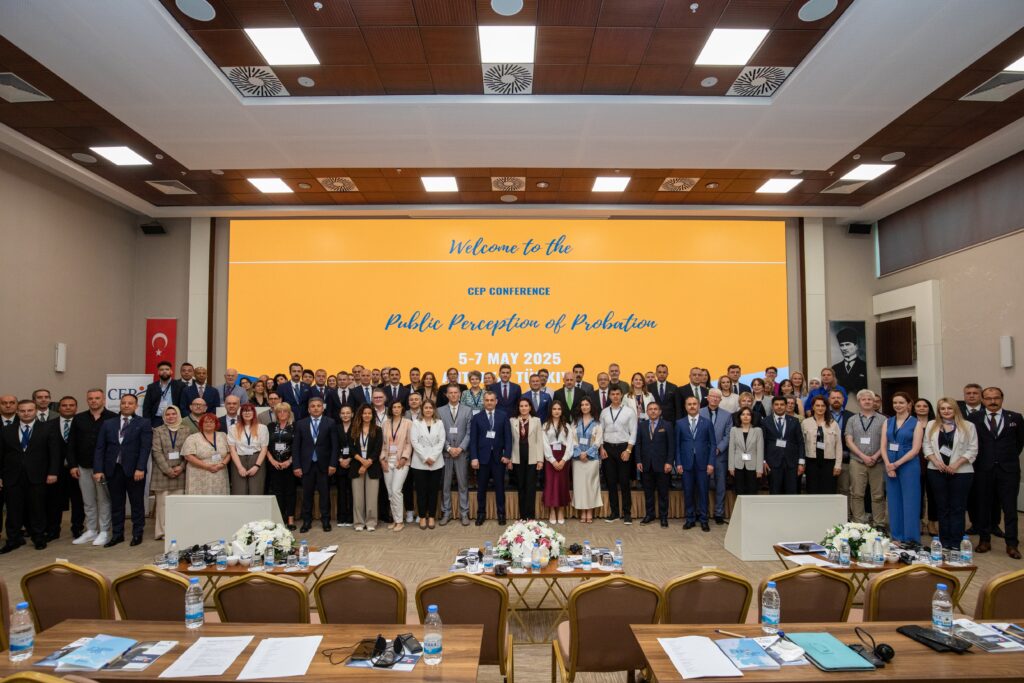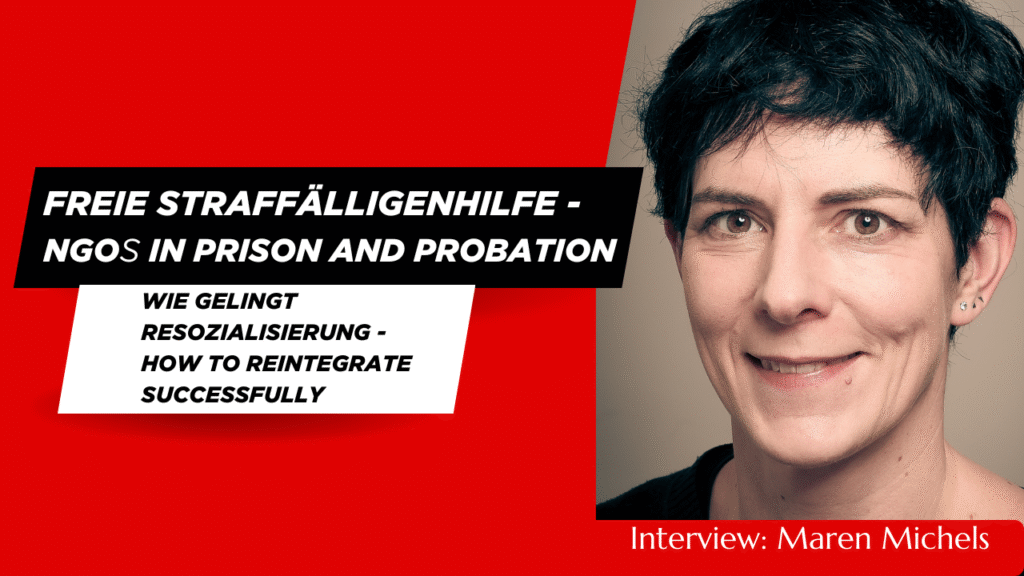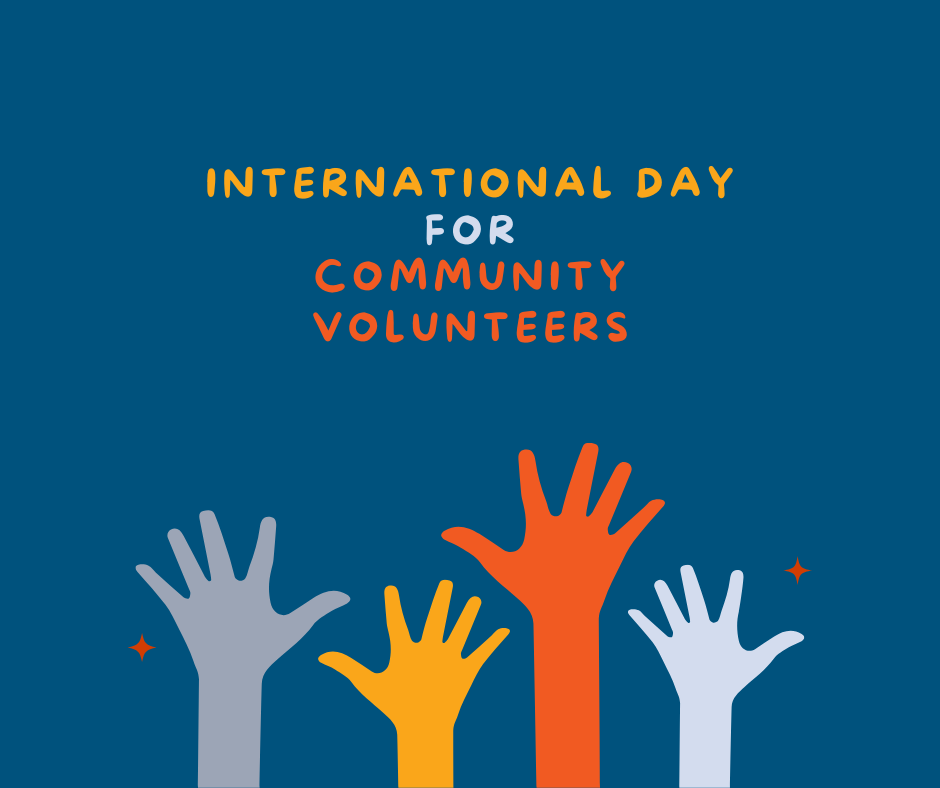Previous Article
News
Penal Reform International: the chains of vulnerable groups, radicalisation and prison
Penal Reform International (PRI) has over 20 years experience addressing the rights of suspects, offenders and prisoners in the context of the broader criminal justice system and has been aware for some time that prisons can play a critical role in both triggering and reinforcing the radicalisation process. It is against this background that PRI decided to organise an international roundtable entitled ‘Preventing Radicalisation in Prisons: Developing a Coordinated and Effective Approach’ in Jordan on 2 – 3 December 2015. The Roundtable brought together 30 participants from 15 countries representing the Middle East and North Africa, Sub-Saharan Africa, Europe, Central and South Asia.
By Nikhil Roy of the Penal Reform International (PRI)
Penal Reform International (PRI) has over 20 years experience addressing the rights of suspects, offenders and prisoners in the context of the broader criminal justice system and has been aware for some time that prisons can play a critical role in both triggering and reinforcing the radicalisation process. It is against this background that PRI decided to organise an international roundtable entitled ‘Preventing Radicalisation in Prisons: Developing a Coordinated and Effective Approach’ in Jordan on 2 – 3 December 2015. The Roundtable brought together 30 participants from 15 countries representing the Middle East and North Africa, Sub-Saharan Africa, Europe, Central and South Asia. The following is a very short summary of one aspect of the discussions: preventing in-prison radicalisation and pursuing criminal justice responses to violent extremist offences committed by children and women taking into account international law and standards, the particular vulnerabilities of women and children, and the gravity of the offences.
Further research is needed to explore whether radicalisation processes are the same for children in prison as they are in the community, and also the scale of radicalisation amongst children within prisons. However, we do know that children in many jurisdictions are still routinely held in detention alongside adults, which carries a multitude of risks, amongst them the risk of radicalisation. It is also hard to underestimate how frightening the experience of detention can be for children. We know that they are acutely vulnerable because they are isolated from family, friends, education and a normal social environment – associating with groups or strong individuals can be an opportunistic attempt to find security and safety. Although children can be particularly vulnerable, at the same time, the risk of radicalisation should not be overstated and normal feelings of insecurity, uncertainty and fear on arrival in prison should not automatically be viewed through the prism of radicalisation risk. Risk assessments must therefore be nuanced and avoid over-simplification.
Another vulnerable group are children who are detained because of their (alleged) involvement in violent extremism. Thousands of children around the world are enticed or forced by abduction or intimidation, to join terrorist groups. They join for a variety of reasons such as poverty, displacement, sense of identity, ideological attraction and lack of opportunities. They are often abused, beaten and exploited and as such they can be both victims and perpetrators who are arrested and charged with very serious offences for which they are tried in adult or military courts and deprived of crucial safeguards such as their right to a lawyer.
Even if a state of emergency has been declared, it is not possible to derogate from the UN Convention on the Rights of the Child and so all exceptional legal regimes responding to national security need to comply with its provisions explicitly and include diversion away from the formal justice system and alternatives to imprisonment as well as procedures for the rehabilitation and reintegration of children. When essential safeguards protecting the rights of children in conflict with the law are ignored in the name of national security, then we have to ask if this serves to create additional grievance and alienation amongst children and can in the end be counterproductive. Further research is needed to understand the scope and character of the issue but it is vitally important to ensure that all criminal justice responses are firmly grounded in international standards.
The Roundtable also considered the issue of women and responses to radicalisation. There was consensus that the numbers of women who are violent extremist prisoners is very low globally but this is seen as a growing issue where more focus is needed particularly since the gender-specific treatment of women engaged in violent extremism is not referred to in the United Nations Bangkok Rules, the Council of Europe Guidelines for Prison and Probation Services Regarding Radicalisation and Violent Extremism, nor the Rome Memorandum on Good Practices for Rehabilitation and Reintegration of Violent Extremist Offenders. The means of extremism used by women are not always different from those used by men, but it can be harder to monitor or oversee since they often operate in closed circles with very limited contact with the external world. If a woman has been convicted of an extremist offence, it can be very challenging to rehabilitate and reintegrate her owing to the stigma she is likely to face from her family and community. Classification is also an issue as women are held in mixed dormitories in some countries, with little classification.
It is important to be aware that women may be pressured into offending by male family members and that a defence of duress or self-defence should be available to them. For those women who are compelled to travel to marry (so-called sexual jihad), it is very important to understand that they are victims of sexual violence who are in need of psychological treatment, otherwise the trauma may lead to increased extremism and suicide attacks. Gender-sensitive rehabilitation and reintegration programmes should be developed that take into account the history behind women’s involvement in violent extremist acts, including personal experiences, such as if they have been subject to sexual or other abuse.

Related News
Keep up to date with the latest developments, stories, and updates on probation from across Europe and beyond. Find relevant news and insights shaping the field today.
Recap

CEP Events, Communication and Awareness-Raising
Recap: Conference on Public Perception of Probation
06/05/2025
From 6 to 7 May, the CEP Conference on the Public Perception of Probation in Europe took place in Antalya, Türkiye, bringing together over 100 participants from more than 20 countries. The event offered space for open discussion, exchange of experiences, and practical ideas on how probation is seen and supported across Europe.
New

Probation in Europe
New Interview Online with Felix Gerike, a survivor of a knife attack
01/05/2025
What do victims of violent crime need to recover—and what can be done to prevent such attacks?
In the latest episode of Division_Y, Jo Tein, CEP board member, speaks with Felix Gerike, a survivor of the 2023 Brokstedt knife attack in Germany. Felix played a crucial role in disarming the attacker, helping to prevent further harm. He shares his personal experience, reflections on victim support, and his views on justice and policy responses to violent crime.
Probation in Europe
New Executive Summaries for the report on Building Probation Capacity in Spanish and Italian
01/05/2025
Updated

CEP Board, Probation in Europe
New Interview Online: Maren Michels – The Role of NGOs in Probation
22/04/2025
In the newest Division_Y interview, Maren Michels, director of the Hamburg Welfare Association, shares her experiences and reflects on the vital role that NGOs play in supporting people during and after incarceration.
New

CEP Events
Want to Win a CEP Award? See How Finland Did It – Apply for 2025!
22/04/2025
We’re excited to share an exclusive interview with the winners of the Development of National Probation Services Award from the CEP Awards 2022:
The Prison and Probation Service of Finland.
New

Volunteers
International Day for Community Volunteers
17/04/2025
17 April – International Day for Community Volunteers!
Today, we celebrate the inaugural International Day for Community Volunteers Supporting Offender Reintegration—a day dedicated to acknowledging the vital contributions of volunteers who assist individuals in their journey back into society.
This initiative was launched during the 2nd World Congress for Community Volunteers, held alongside the 6th World Congress on Parole and Probation in The Hague (16–18 April 2024).
At CEP, we’re proud to support the official Declaration on the International Day for Community Volunteers. We’re also actively involved in the CoPPer project—a European initiative aimed at promoting community participation in probation services. CoPPer focuses on training volunteers to support individuals under supervision, helping them access education, employment, and community connections.
A heartfelt thank you to all the community volunteers out there—your dedication makes a real difference.
Subscribe to our bi-monthly email newsletter!
"*" indicates required fields
- Keep up to date with important probation developments and insights.

